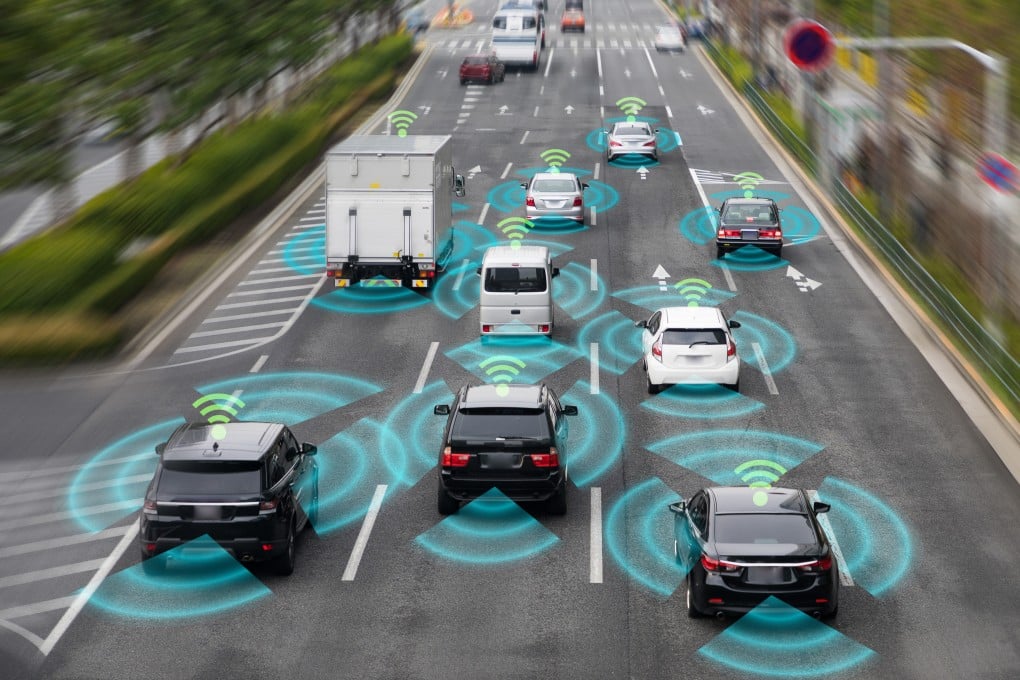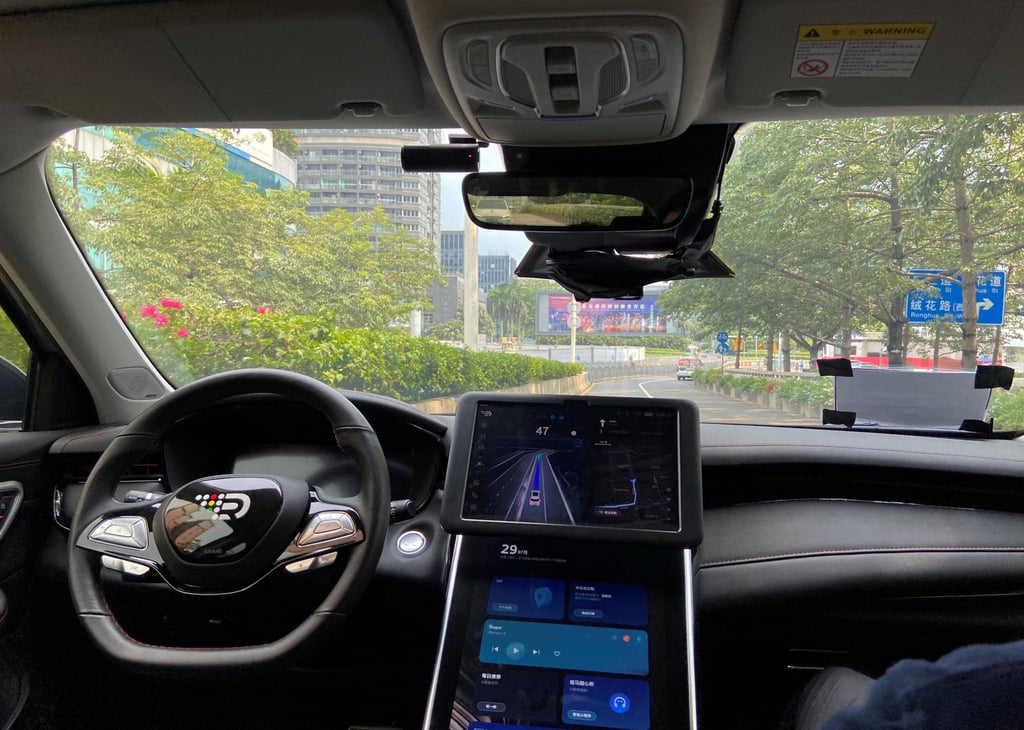Shanghai sees intelligent cars as a US$72 billion industry by 2025, unveils plan to spur autonomous driving tech
- Government calls on companies and institutes to step up research and development on a number of key technologies
- Plan envisions 70 per cent of cars produced having autonomous driving features by 2025

A new plan, released by the General Office of Shanghai Municipal People’s Government on Monday, calls for establishing a “domestically leading innovation and development system” for intelligent cars, with the city making “significant progress in the research and development of core technologies” and achieving “self-sufficiency of core equipment”.
More than 70 per cent of vehicles produced by 2025 should have level 2 (L2) and L3 driverless systems, while L4 systems should be realised in “specific areas and scenarios”, according to the plan.
At present, most of the intelligent vehicles on the mainland’s roads are classified as L2 or L2+, which stipulate that the driver must be alert and ready to take control at all times. L3 is commonly seen as a “hands-off” system, while L4 translates to “eyes-off” operation.

The plan calls on relevant companies and research institutes in the city to step up research and development of a number of key technologies, including automotive-use chips, artificial-intelligence algorithms, laser-radar components, in-vehicle operating systems, intelligent computing platforms and steer-by-wire systems, according to the plan.
Observers estimate the value of the current intelligent car industry in Shanghai at less than 100 billion yuan.